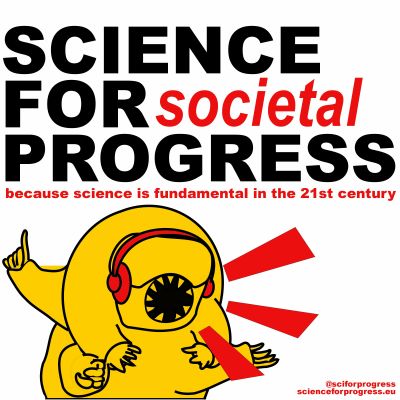24 Brexit: Its Impacts on Science and Scientists – B&D with guests
Bart and I invited three scientists from both sides of the canal to talk about Brexit and how it impacts scientists and the scientific endeavor. Our guests are Andrew Phillipides (British citizen, and professor at Sussex University, UK), Thomas Nowotny (German citizen, and professor at Sussex University, UK), and Clare Hancock (British citizen, and PhD student at Göttingen University, Germany).
Listen to the Full Conversation on Patreon!
The goal of the EU is to promote peace, freedom, security and justice, sustainable development, social inclusion, cohesion and solidarity among member states, to respect cultural diversity, to establish an economic and monetary union (EUR).
And most important for this podcast, the European Union coordinates efforts to further scientific and technological progress across Europe. The EU runs a research programmes that is renewed every 7 years. For the current one, Horizon 2020, the EU spent nearly €80 billion that are provided by the member states. And this money goes into the funding and promotion of research across the EU.
The second important property of the EU for science is the freedom to travel, work, and live anywhere within the member states, as it is agreed in the Schengen Agreement.
In 2016 the citizens of the UK voted in a referendum to leave the European Union. This means that all these benefits from 40 years of Pan-European negotiations, are lost and have to be negotiated anew.
What are the consequences for Science in the UK and in the rest of the EU? Our guests talk about both the practical and formal consequences, but also the personal and social costs of Brexit.
Summary
On the funding site, the British Government will ensure the continuation of EU funded projects in the UK - at least for the 2-year transition period. A possible long-term solution would be the Swiss model. Switzerland contributes to the scientific funding in the EU financially, and in exchange Swiss labs can apply for EU funding programmes.
On the side of free movement, there is a little bit more of a hassle. A lot of bureaucracy is going into this. While nothing may change regarding simple travel, moving between the UK and EU to work and live is much more complicated.
The strongest impact, however, is the social one. The uncertainty of Brexit makes people reluctant to move to the UK to study or to do research. And it seems to have had affected the ability of UK labs to successfully apply for EU grants, negatively, for years.
Do you have questions, comments or suggestion? Email info@scienceforprogress.eu, write us on facebook or twitter, or leave us a video message on Skype for dennis.eckmeier.
Become a Patron!
But it is not just funding and bureaucracy that deters students and researchers from moving to the UK.
